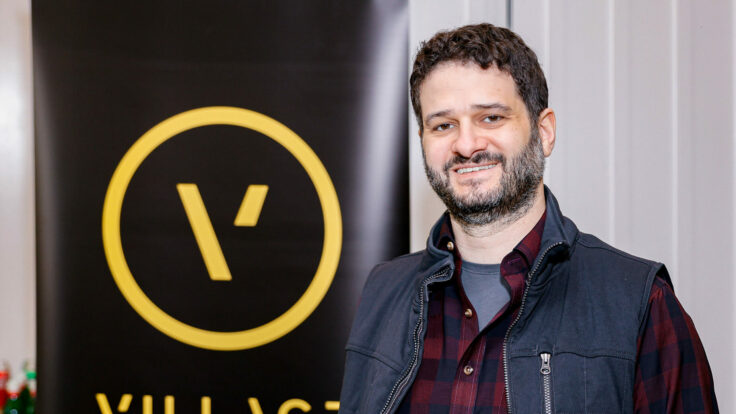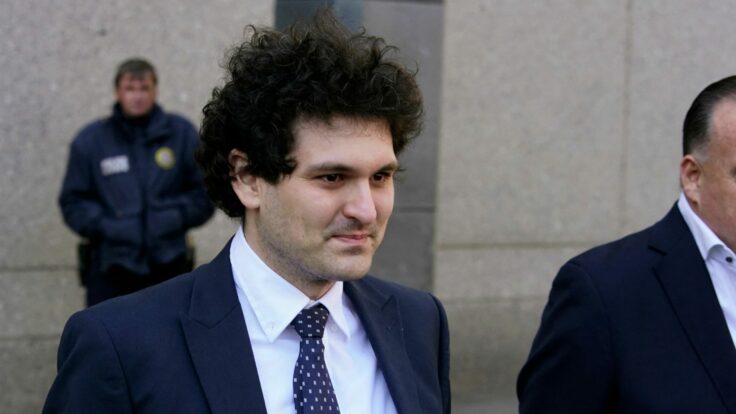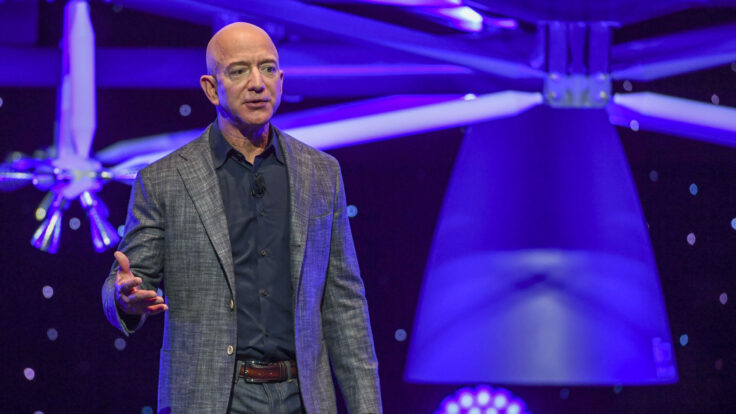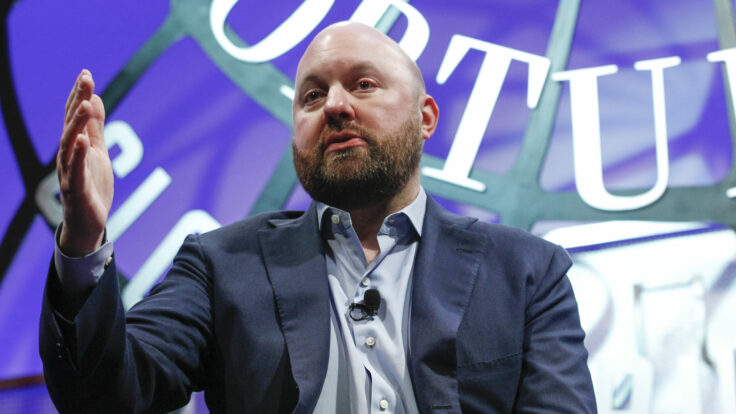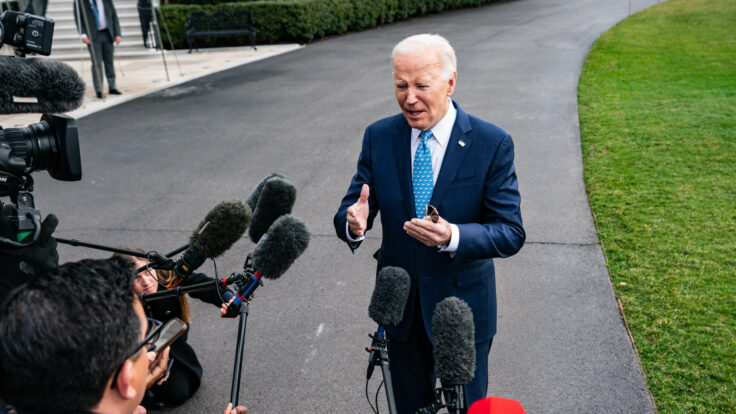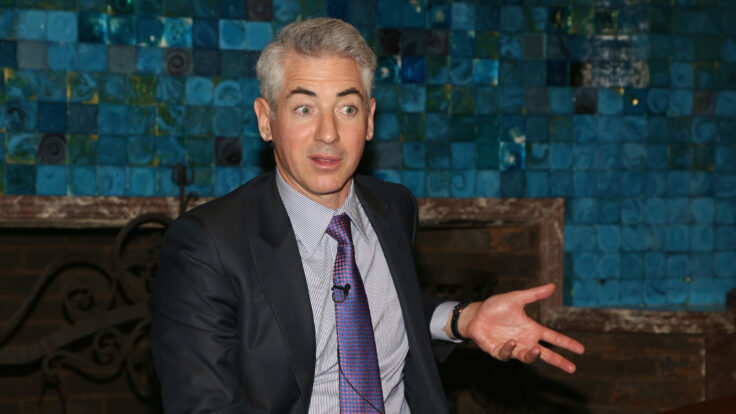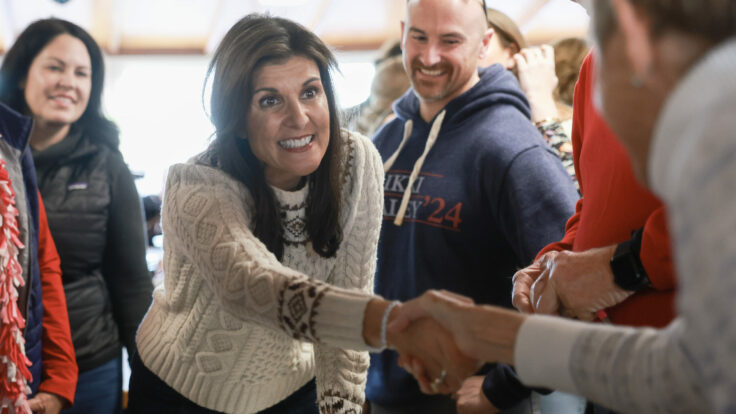The first thing that I noticed when Sam Bankman-Fried greeted me in the doorway of his family home, just off the Stanford campus, was the 75-pound German shepherd by his side named Sandor, a Hungarian spin on a name meaning “defender of men.” Sam seemed hazy on how exactly Sandor had gotten there—the dog had “just shown up” in his retelling, a gift over the last few days from his parents. But he was certainly a young man in need of both defense and a friend. After all, the second thing I noticed about Sam was, naturally, the G.P.S. monitor strapped tightly to his left ankle.
The fabric-and-battery contraption is a physical reminder, lest anyone forget, that S.B.F. is under house arrest as he awaits trial in October, facing eight counts of what prosecutors have called “one of the biggest financial frauds in American history.” After his first U.S. court hearing last month, he flew back to Northern California, where he has been living in a strange fugue state—between a billionaire and prisoner, a celebrated business celebrity and financial villain. Now his movements are circumscribed by law. He can step onto the thin porch outside the living room, but he isn’t sure he can walk much further—not that he has tested it, he assured me. He takes care to ensure his ankle monitor is fully charged, with its neon green light blinking every few seconds. “It’ll start barking at me if it gets low on battery,” he said.









